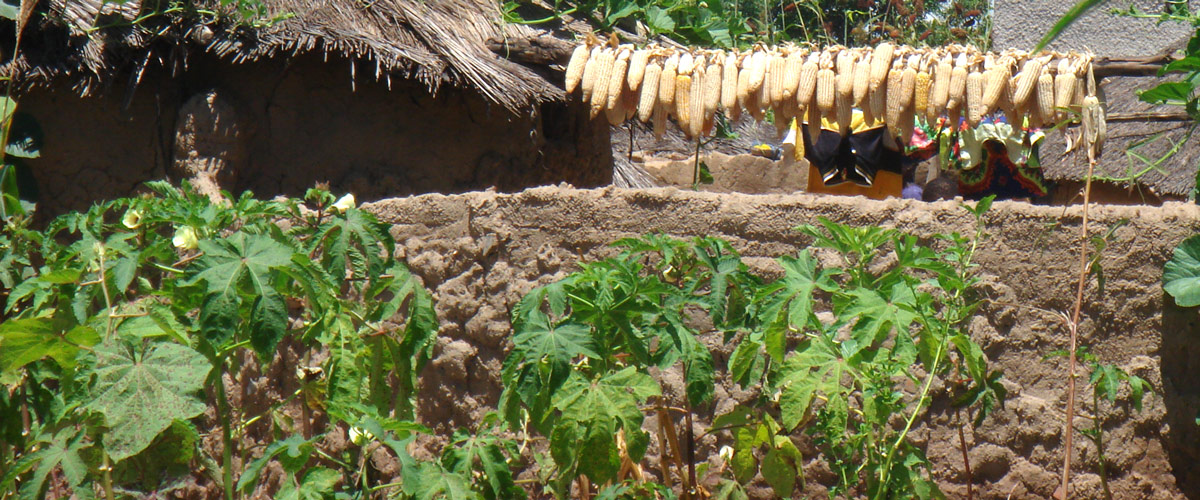
Principles in Action: Diverse Farmers Participate in the Whole Research Process
By Mary Richardson, Consultant, Anthropologist, and CCRP Farmer Research Networks Learning Coordinator
The idea that farmers are essential leaders in propelling agricultural research and protecting the earth’s ecological health is not novel. However, a crucial need has gone unmet: a way to share diverse farmers’ knowledge, successes, and challenges on a much larger scale. Farmer research networks (FRNs) are one way the CCRP seeks to answer this call.
Guided by a set of principles, FRNs engage farmers and other stakeholders in participatory research that builds knowledge on agroecology. One of these core principles is Diverse farmers participate in the whole research process. What does this look like in reality?
Building inclusive networks that authentically engage diverse farmers can require a mindset change for everyone involved. For example, researchers trained in conventional research practices have to be willing to discuss local knowledge or co-create research agendas with farmers.
A project leader from a FRN in Tanzania explains some of the obstacles involved:
Working with farmers as equals is not simple. They have been taking advice from officers for years, but when they gain confidence, it is better. Before, they would not even talk; they felt they didn’t know. The system was telling them what to do. Some farmers may be willing but are concerned about how they will be perceived: Can an uneducated woman stand before the others and say what she knows?
We’ve found that one of the most effective ways to broaden and strengthen farmer engagement is to start with existing relationships that researchers, NGOs, extension agents, and farmer organizations have developed over time. Trust has been built and paths of communication are open. From here, it’s easier to make connections to more marginalized farmers such as poorer or female farmers.
In practice, this principle challenges all stakeholders to elevate the role of farmers from passive recipients of technology or learning to true partners in the process of building and sharing knowledge. Taking proactive steps to be inclusive helps democratize research and can generate transformative knowledge for agroecology, food sovereignty, and biocultural diversity.
In a project in Western Kenya, a research assistant describes some of the advantages that come with an increase in farmers’ confidence and trust:
There is a lot value when farmers are involved and their voices are heard and it is negotiated adequately at all stages of the project. We are seeing a lot of cohesion. The farmers are realizing that the things they are experiencing are solvable. They used to think it was normal, that there was nothing they could do. When you bring farmers to the table and negotiate adequately there is ownership and they can speak out on issues that are pressing for them. They can prioritize what they believe is most valuable.
Our approach with FRNs hinges on the radical sharing of knowledge, which this core principle supports and encourages. Ultimately, the goal of our agroecological research is improving the livelihoods of smallholder farmers, their communities, and the land upon which they rely. Diverse farmer engagement at every step of the research process is key to realizing this larger goal.
Date:
10/24/2021